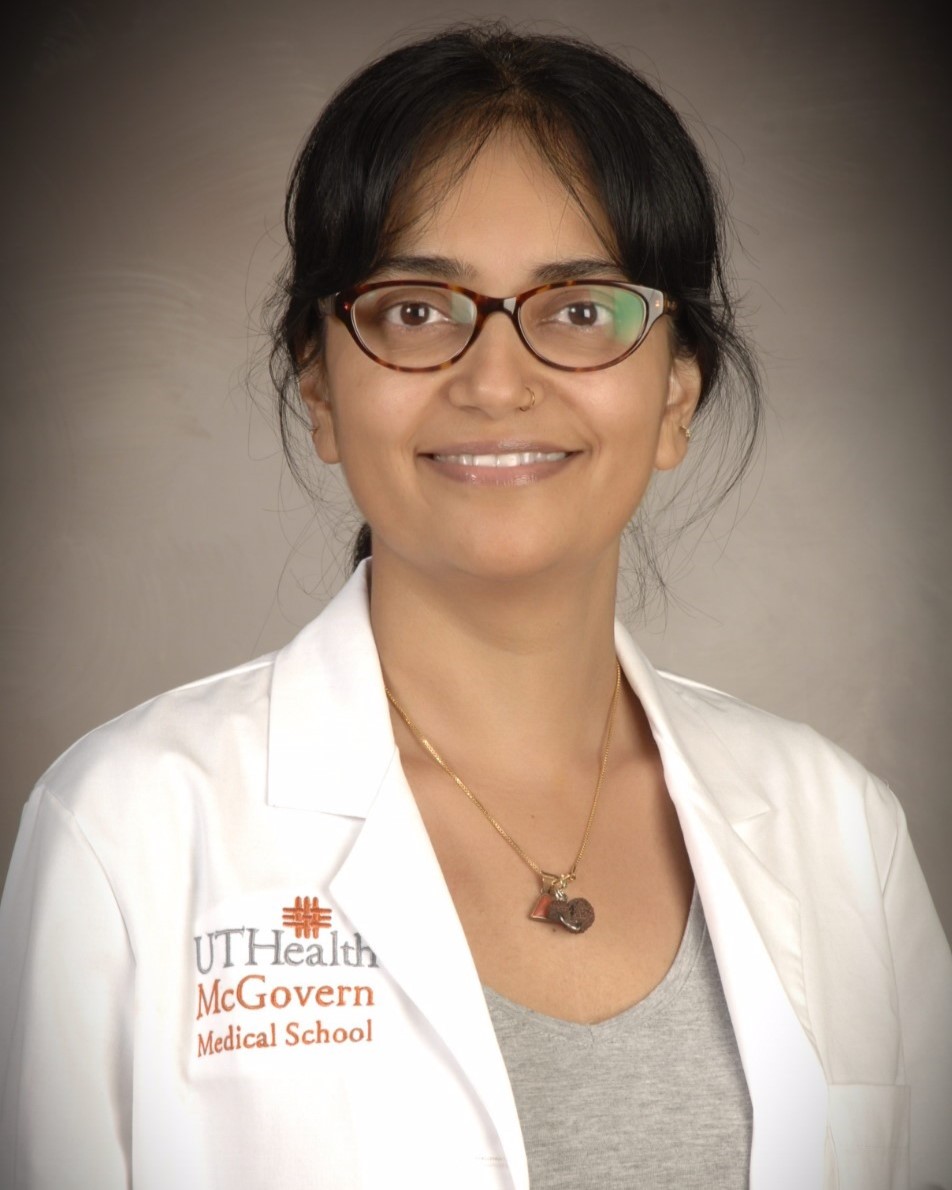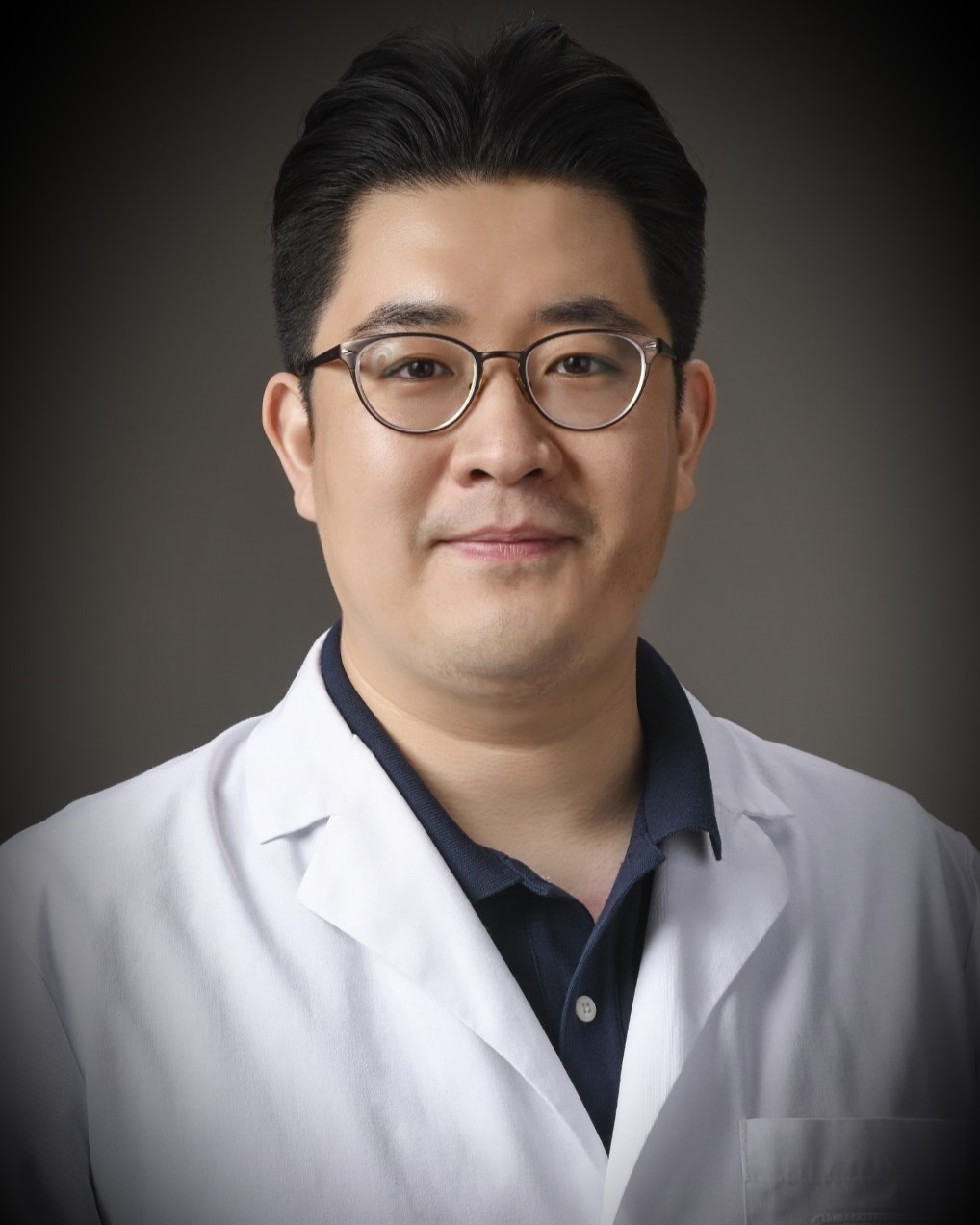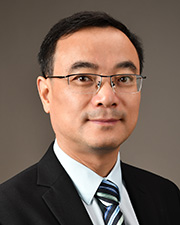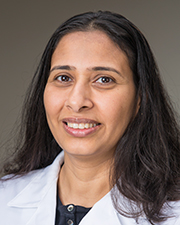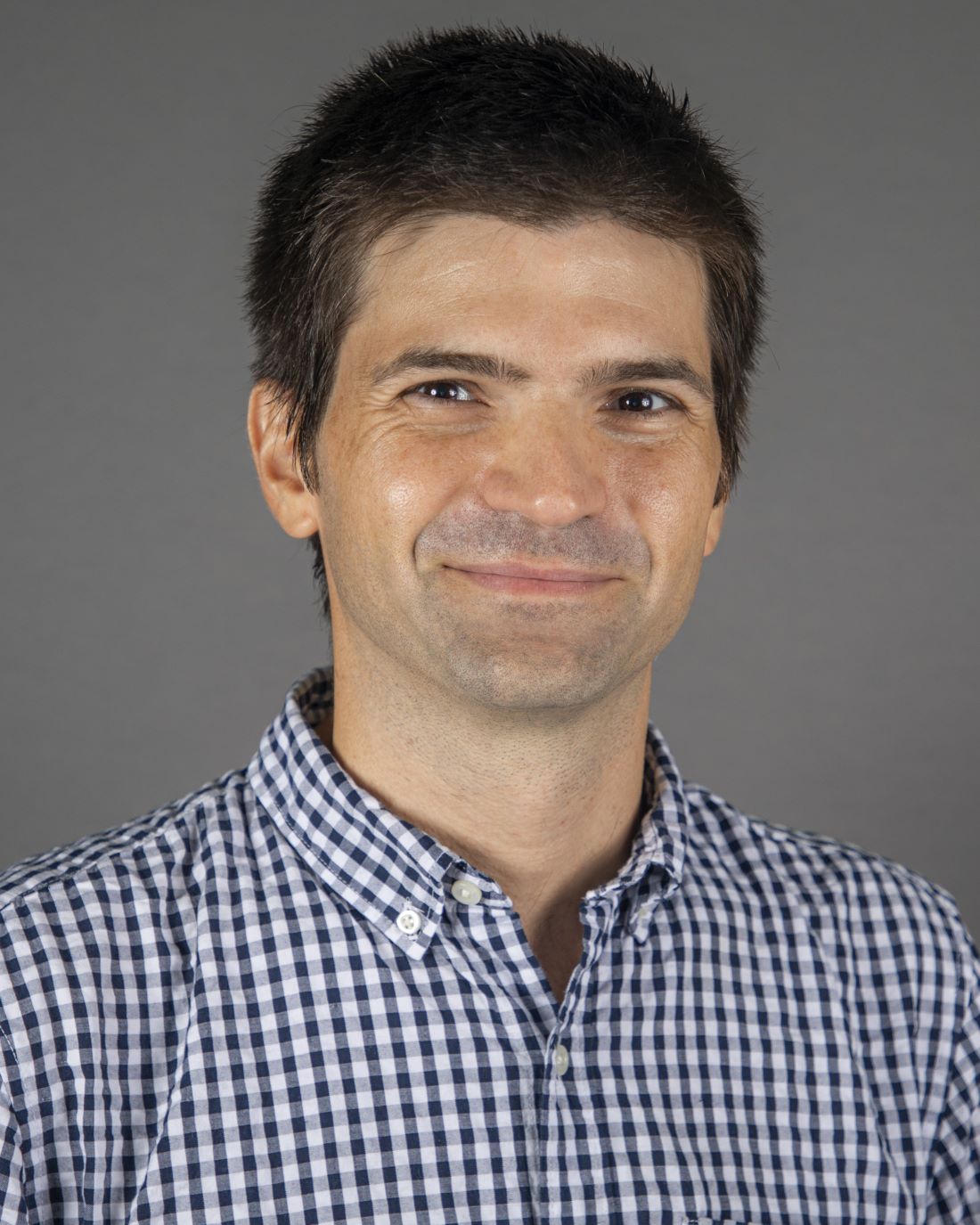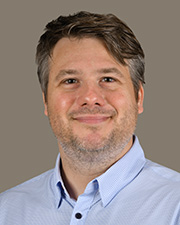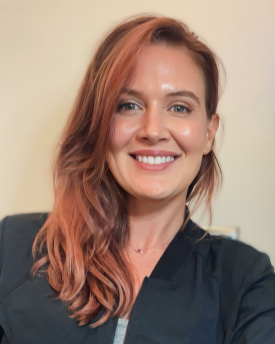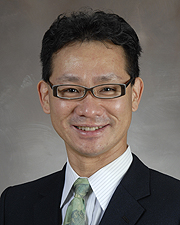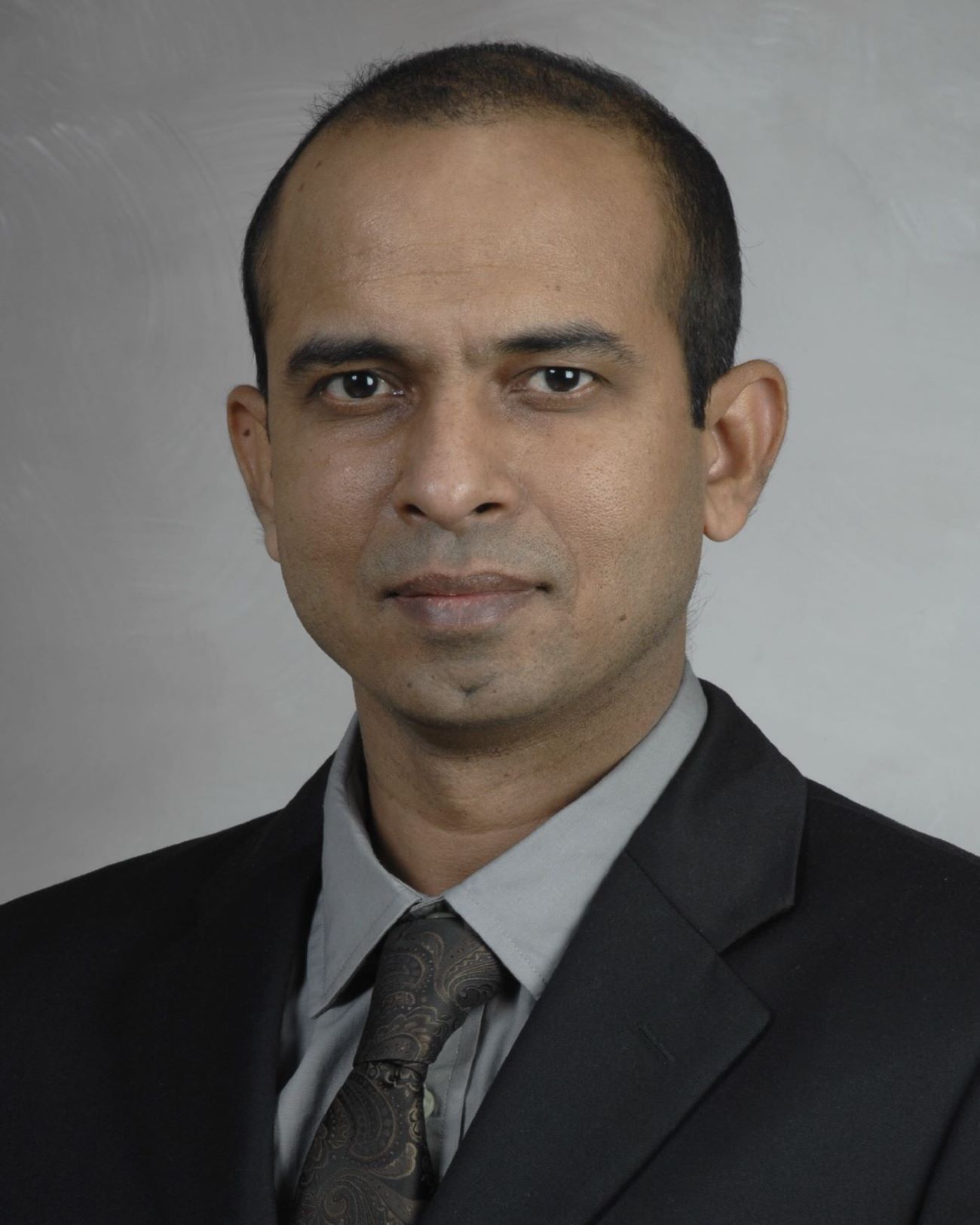Faculty & Labs
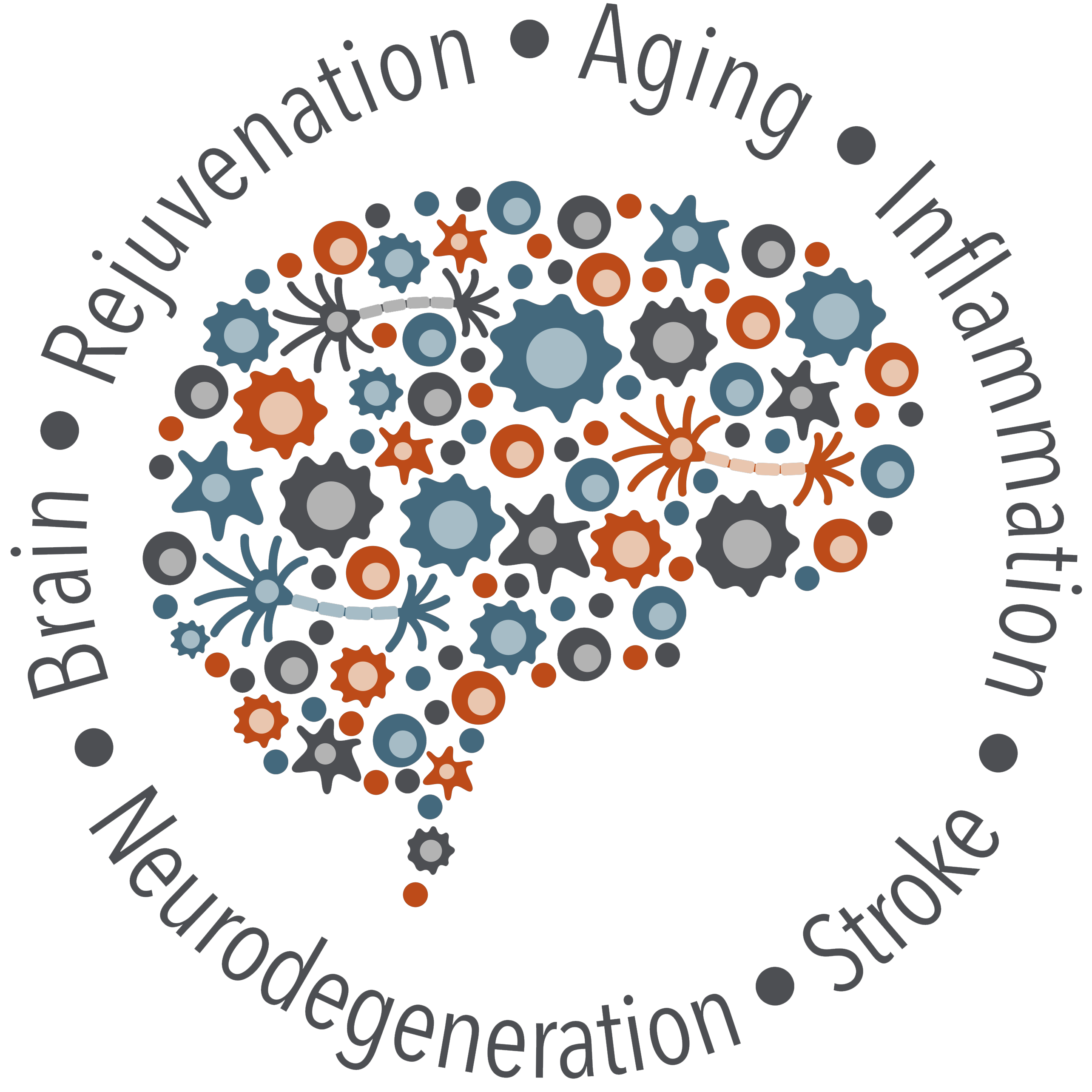
BRAINS Faculty
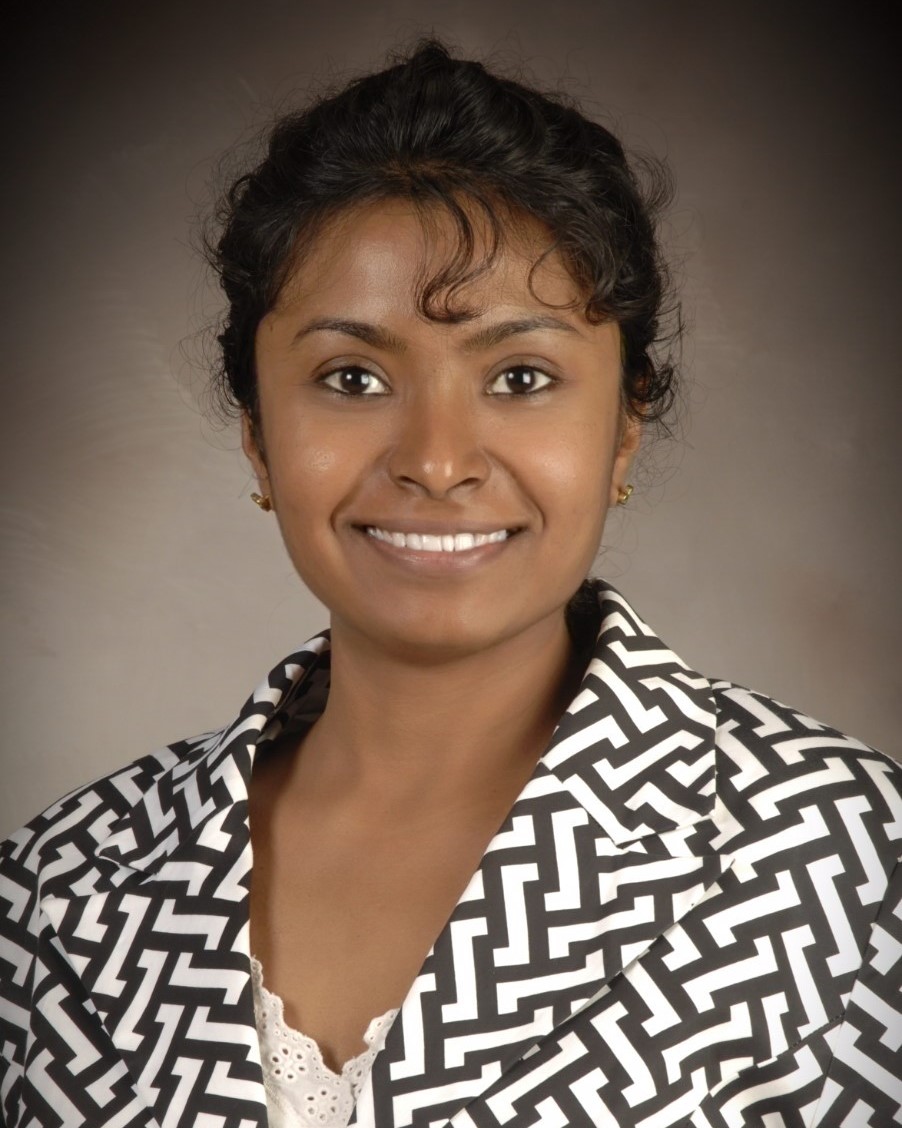 Bhanu Priya Ganesh, PhD
Bhanu Priya Ganesh, PhD Associate Professor, Department of Neurology
Director, Center for GUT-BRAIN Axis in Aging
Profile
Director, Center for GUT-BRAIN Axis in Aging
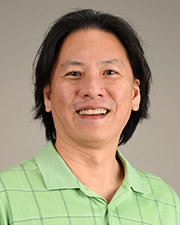 Hung Wen (Kevin) Lin, PhD
Hung Wen (Kevin) Lin, PhDProfessor, Department of Neurology
Associate Director, BRAINS Research Laboratory
Profile
Associate Director, BRAINS Research Laboratory
 Sean P Marrelli, PhD
Sean P Marrelli, PhDProfessor, Department of Neurology
Director, BRAINS Research Laboratory
Director, MicroCT Imaging Facility
Profile
Director, BRAINS Research Laboratory
Director, MicroCT Imaging Facility
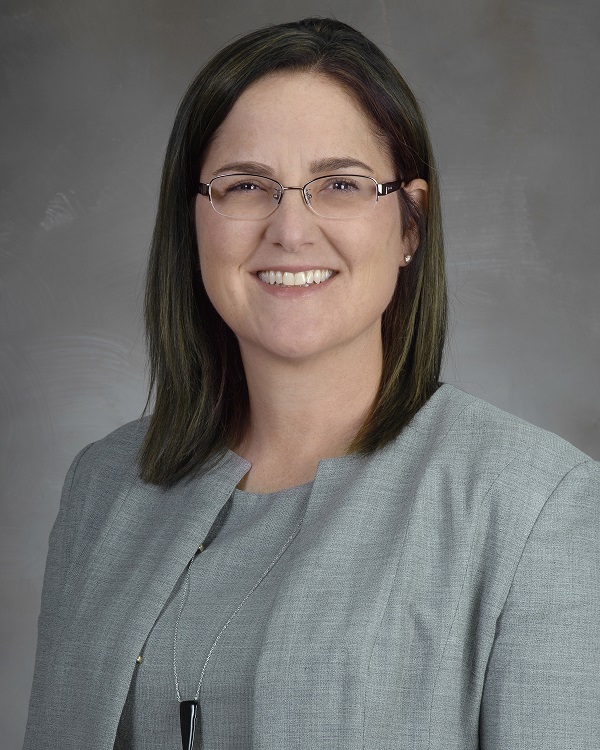 Louise McCullough, MD/PhD
Louise McCullough, MD/PhDChair, Department of Neurology
Professor, Department of Neurology
Roy M. and Phyllis Gough Huffington Distinguished Chair
Founder, BRAINS Research Laboratory
Co-Director, UTHealth Neurosciences
Profile
Professor, Department of Neurology
Roy M. and Phyllis Gough Huffington Distinguished Chair
Founder, BRAINS Research Laboratory
Co-Director, UTHealth Neurosciences
